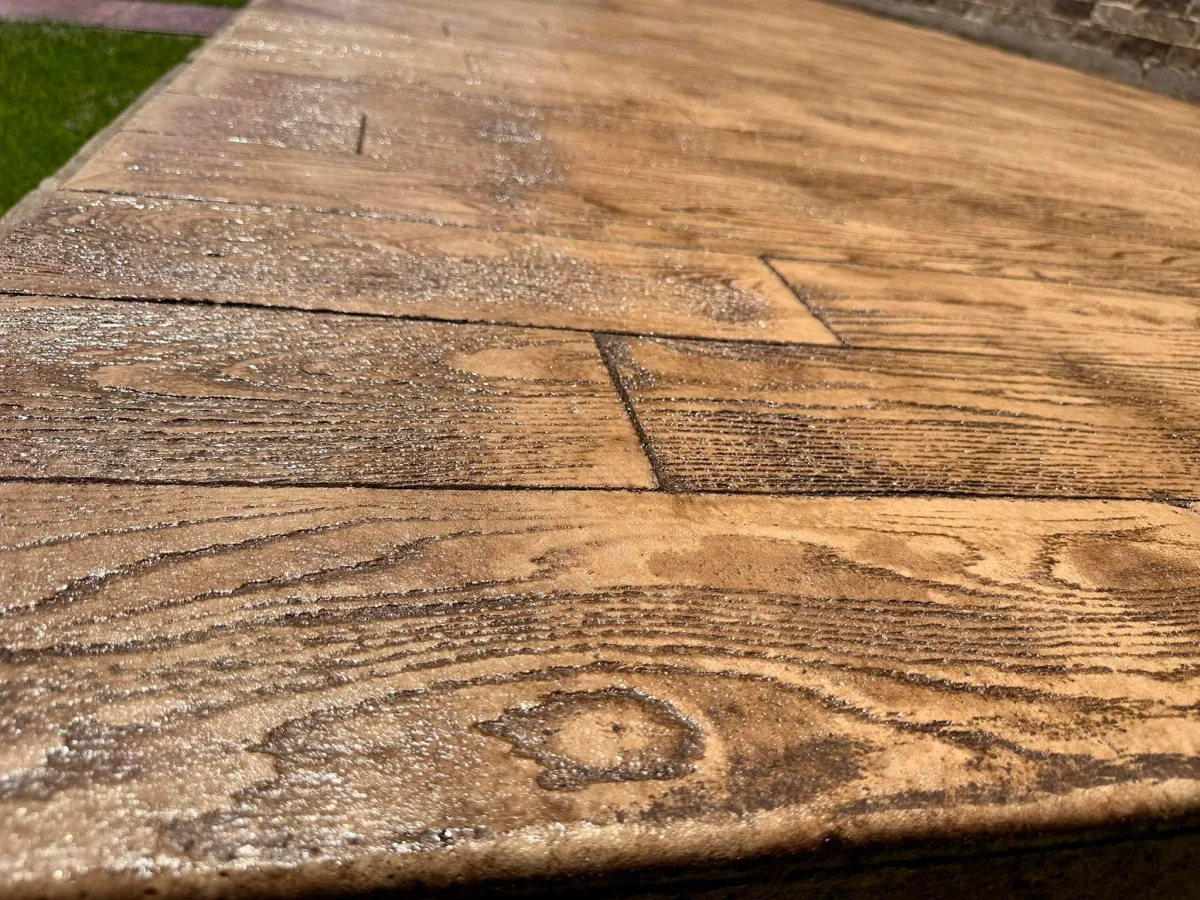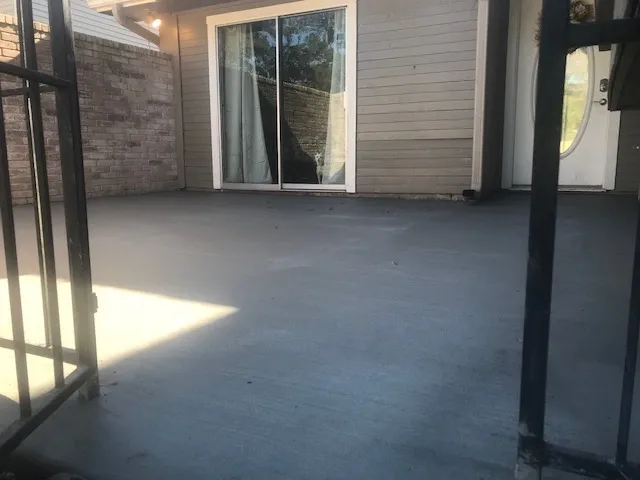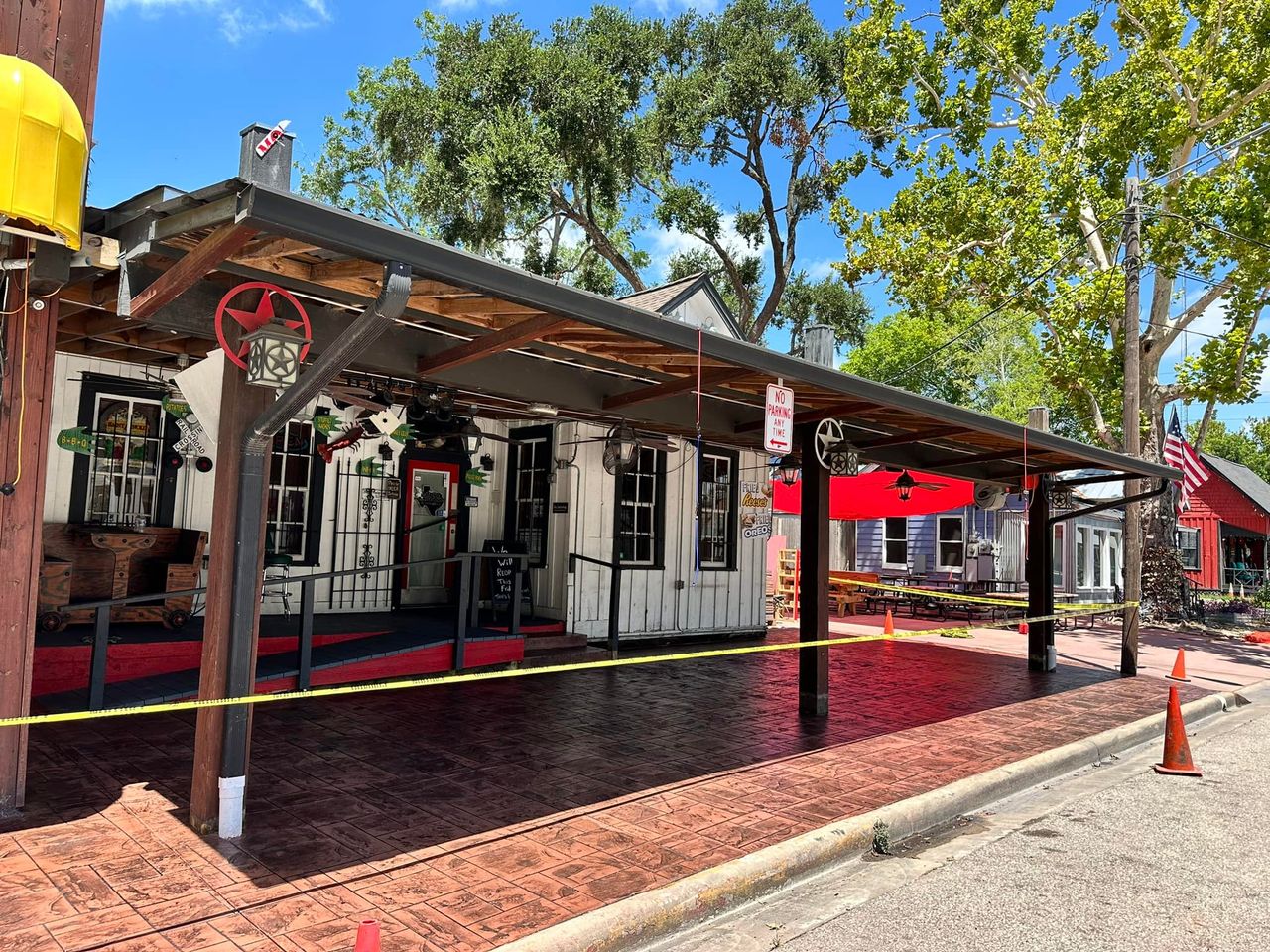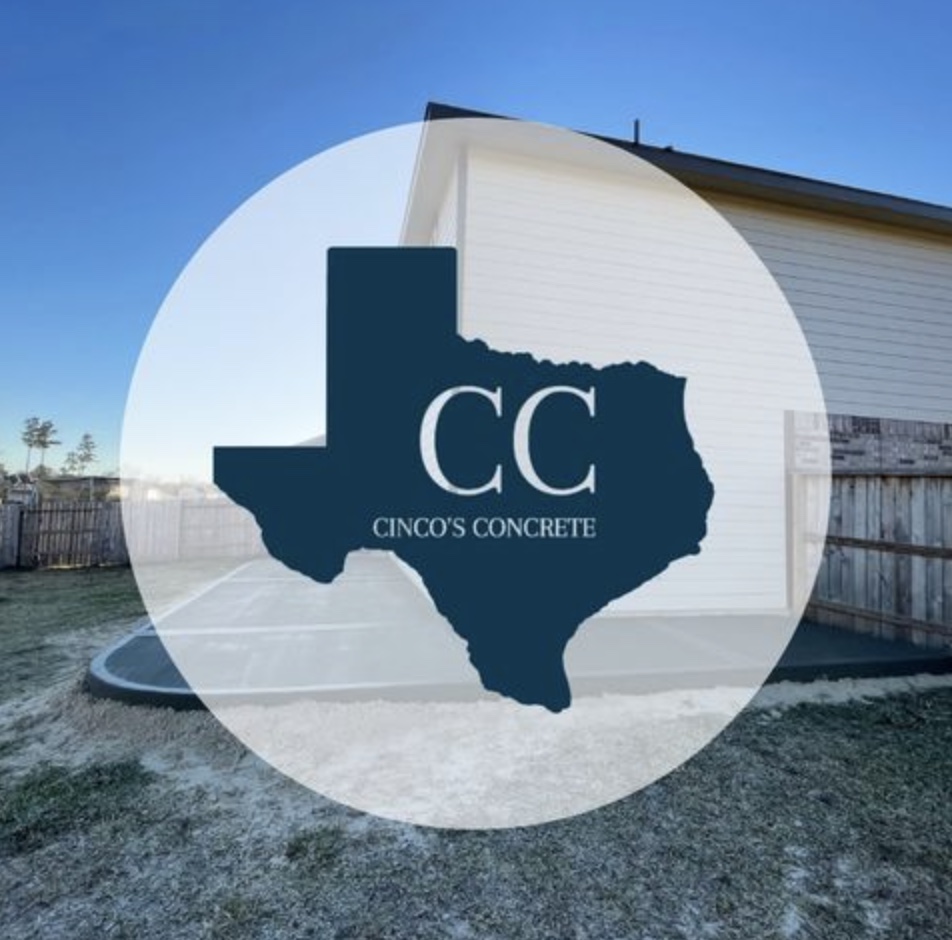
How much to pour a 1500 sq ft concrete slab?
How Much to Pour a 1500 Sq Ft Concrete Slab?
The cost to pour a 1500 square foot concrete slab can vary significantly, depending on a multitude of factors. Generally, you can expect to pay anywhere from $5 to $15+ per square foot. This broad range encompasses basic slabs to more complex installations with premium finishes.
Therefore, a 1500 sq ft concrete slab could cost roughly $7,500 for a very basic installation up to $22,500 or more for a more elaborate or challenging project. This estimate includes materials, labor, and equipment.
It is crucial to understand that this is a broad estimate. The final price will depend heavily on specific choices regarding slab thickness, site preparation needs, type of reinforcement, desired finish, and local market conditions. For a slab of this size, hiring professional concrete patio contractors is not just recommended, but absolutely essential. DIY is not a viable option for a project of this magnitude.
Understanding the Core Cost Components
Breaking down the total cost of a 1500 sq ft concrete slab reveals several primary components. Each contributes substantially to the overall investment. Knowing these elements helps in budgeting and understanding contractor quotes.
1. Concrete Material Costs
The concrete itself is a major expense. Its cost is directly tied to the volume needed and the type of mix.
Volume Calculation: For a standard 4-inch thick slab (which is common for patios), a 1500 sq ft area requires approximately 18.52 cubic yards of concrete (1500 sq ft * (4/12) ft = 500 cubic feet; 500 cubic feet / 27 = 18.52 cubic yards). It's wise to order 19-20 cubic yards to account for overage.
Ready-Mix Pricing: In Houston, Texas, ready-mix concrete typically costs between $120 and $180 per cubic yard. So, 19-20 cubic yards would cost approximately $2,280 to $3,600 for the concrete alone.
Delivery Fees: These are often included in the per-yard price but can sometimes be a separate charge, especially for smaller orders or long distances.
Additives: Incorporating admixtures like fibers (for shrinkage crack control), water reducers (to improve workability), or air-entrainment (for freeze-thaw resistance, though less critical in Houston) will add a small cost per cubic yard.
Strength (PSI): Higher PSI (pounds per square inch) concrete, which indicates greater compressive strength, costs more. While 2500-3000 PSI is common for patios, 3500-4000 PSI may be chosen for added durability or heavier loads, slightly increasing the material price.
The sheer volume of concrete needed makes this a significant material expense.
2. Site Preparation Costs
Proper site preparation is foundational to a durable slab. It's often one of the most variable and costly aspects.
Demolition & Hauling: If an existing structure, old patio, or significant vegetation needs to be removed, this adds cost. Demolition can range from $2 to $6 per square foot or more, plus hauling away debris.
Excavation & Grading: Labor and heavy equipment (like a mini-excavator or skid-steer) are needed to dig out the area to the correct depth and establish proper slope for drainage. This can cost $1-$5 per square foot for general excavation.
Dirt Disposal: If excess soil needs to be hauled off-site, this will incur additional fees, often by the truckload.
Sub-Base Materials: A compacted granular sub-base (gravel or crushed stone) is essential. For a 1500 sq ft slab with a 4-6 inch sub-base, you'll need 20-30 cubic yards of aggregate. Material and delivery can cost $500 to $1,500+.
Compaction: Equipment rental for a plate compactor, or labor for professional compaction services, is also factored in.
Site preparation in Houston, particularly with expansive clay soils, can significantly drive up costs.
3. Labor Costs
Labor is consistently the largest component of any concrete pouring project.
Largest Component: For a 1500 sq ft slab, labor can easily represent 50-70% of the total project cost.
Crew Size & Expertise: Pouring and finishing 1500 sq ft within concrete's setting time requires a large, experienced crew (typically 6-10 or more skilled laborers). Their coordinated effort is vital.
Hourly Rates/Project Rates: Labor costs vary by region (Houston's market rates) and the contractor's experience and overhead. Contractors typically provide a lump sum for labor within their overall bid.
Time: Site preparation takes days. The pour itself is an intensive, single-day operation. Finishing and curing oversight can span several days.
The efficiency and skill of the labor force are paramount to a quality outcome.
4. Equipment Costs
Specialized equipment is essential for efficiently pouring and finishing large concrete slabs.
Concrete Pump: For 1500 sq ft (19-20 cubic yards), a concrete pump is almost always necessary to quickly and precisely place the large volume of concrete. Pump rental, including an operator, typically costs a flat fee of $600 to $1,500+.
Heavy Machinery: Excavators or skid-steers for site preparation (demolition, excavation, moving sub-base material) often cost $500 to $1,500+ per day with an operator.
Specialized Finishing Tools: Power screeds for leveling and power trowels (walk-behind or ride-on) for efficient finishing are critical. These are expensive tools that contractors own or rent.
Compaction Equipment: Plate compactors for sub-base compaction are also a cost factor.
These equipment costs are typically factored into the contractor's bid.

5. Reinforcement Costs
Reinforcement adds strength and helps control cracking in concrete.
Wire Mesh: Less expensive, costing around $0.20 - $0.50 per square foot. For 1500 sq ft, this would be $300 - $750. It primarily helps with shrinkage cracking.
Rebar (Steel Reinforcing Bar): More expensive but provides superior structural strength and crack control. Highly recommended for a 1500 sq ft slab, especially in problematic soils. Rebar costs can range from $0.50 - $1.50+ per square foot for material and installation, totaling $750 - $2,250+. The cost depends on rebar size and spacing.
The choice of reinforcement significantly impacts the slab's long-term performance and cost.
6. Finishing Options
The surface finish of your concrete patio greatly influences both its appearance and cost.
Standard Broom Finish: This is the most economical option. A broom is dragged across the wet concrete to create a textured, slip-resistant surface. This is typically included in the base per-square-foot cost.
Smooth Trowel Finish: Achieved with power trowels for a very flat, smooth surface. It adds a slight increase to labor. Often chosen for garage floors or indoor slabs.
Decorative Concrete (Significant Increase):
Stamped Concrete: Mimics brick, stone, wood, or tile textures. This is a labor-intensive process requiring specialized tools and skills. It can add $8 to $18+ per square foot on top of the base slab cost. For 1500 sq ft, this could be an additional $12,000 to $27,000.
Stained Concrete: Acid-based or water-based stains create unique colors and mottled effects. Can add $2 to $8 per square foot (additional $3,000 to $12,000 for 1500 sq ft).
Exposed Aggregate: Achieved by washing away the top layer of cement paste to reveal the decorative stones below. Adds $3 to $7 per square foot (additional $4,500 to $10,500).
Polished Concrete: Requires specialized grinding and polishing equipment. Adds $5 to $15+ per square foot.
Decorative finishes can double or even triple the overall cost of the slab.
7. Permits and Fees
For a large 1500 sq ft concrete slab, particularly if it's connected to a dwelling, supports a structure, or impacts drainage, permits are very likely required by the City of Houston or relevant county authorities.
Permit fees vary based on the project's scope and location but are a necessary part of the cost. Contractors typically handle the permitting process.
Inspections by city or county officials will also be part of the project timeline.
Ignoring permits can lead to fines, stop-work orders, or the requirement to remove the slab.
8. Drainage Solutions
Given Houston's climate, integrated drainage solutions are often a wise, albeit additional, investment.
Trench Drains or Catch Basins: Installing these to collect surface water and direct it away from the slab and your property adds cost. Materials and labor can range from hundreds to over a thousand dollars, depending on the extent of the system.
Piping: Burying pipes to route collected water away.

Proper drainage protects your investment and prevents water-related issues.
Factors That Increase the Cost of a 1500 Sq Ft Slab
Beyond the core components, several specific factors can significantly drive up the total cost of pouring a 1500 sq ft concrete slab. These often relate to site challenges or enhanced specifications.
Slab Thickness
While 4 inches is common for patios, thicker slabs are necessary for certain uses.
5-inch Slab: Requires approximately 23.15 cubic yards of concrete (25% more than 4-inch). Material and labor costs increase proportionally. This is often chosen for heavier patio loads or light vehicle use.
6-inch Slab: Requires approximately 27.78 cubic yards of concrete (50% more than 4-inch). Material and labor costs rise considerably. Essential for driveways, garage floors, or very heavy loads.
The thicker the slab, the more expensive it becomes due to increased material, excavation, and labor for pouring and finishing.
Matching thickness to intended use is a critical cost and performance decision.
Complex Site Conditions
The nature of your site can heavily influence costs due to increased preparation time and specialized work.
Houston's Expansive Clay: This is a major cost driver in Houston, Texas. Expansive clay soils swell and shrink, putting immense pressure on slabs. Contractors must often:
Over-excavate: Remove more reactive clay than usual.
Install Deeper/More Elaborate Sub-Base: A 6-8 inch or even deeper compacted granular sub-base is common, increasing material and compaction labor.
Implement Stronger Reinforcement: Rebar becomes almost mandatory to provide structural integrity against soil movement.
These necessary mitigation strategies directly increase labor, material, and equipment costs.
Steep Slopes: Requires more extensive excavation, grading, and potentially retaining walls.
Poor Access: If ready-mix trucks or equipment cannot easily access the pour site, it might necessitate longer concrete pump lines or more manual labor, increasing costs.
Existing Utilities: Rerouting or protecting underground utility lines (water, sewer, gas, electrical) can be complex and expensive.
Challenging site conditions demand more time, specialized techniques, and thus higher costs.
Access Limitations
Limited access for ready-mix trucks can force more expensive solutions.
Longer Pump Hose Runs: If the concrete pump truck cannot get very close, longer hoses are needed. This can add a surcharge per foot beyond a certain distance.
Manual Wheelbarrowing: In rare cases of extreme access limitations where a pump cannot be used, a large crew may have to wheelbarrow concrete from the truck to the pour site. This is incredibly labor-intensive and dramatically increases labor costs and time.
Poor access translates directly to higher operational expenses.
Time of Year/Urgency
Peak Season: Concrete contractors are busiest in spring and summer. Scheduling a project during these times might lead to slightly higher prices due to demand.
Urgency: If you need a slab poured on a tight deadline, you might pay a premium for expedited service.
Planning ahead can potentially save costs.
What to Expect from Concrete Patio Contractors (Houston, TX)
Given the size and complexity of pouring a 1500 sq ft concrete slab, engaging professional concrete patio contractors is not optional; it's essential. They possess the expertise, equipment, and manpower to execute such a project successfully.

Why Professional Hiring is Essential
DIY Impossibility for This Scale: Attempting to pour 1500 sq ft of concrete as a DIY project is virtually impossible. The sheer volume (19-20 cubic yards), the speed required for placement and finishing, and the need for specialized heavy equipment rule out amateur attempts.
Expertise and Efficiency: Professionals have years of experience with large pours. They know the correct techniques for site preparation, formwork, reinforcement, pouring, and finishing. They work efficiently to prevent cold joints and achieve a uniform result.
Correct Equipment: Contractors own or have access to all the necessary specialized tools and heavy machinery, including concrete pumps, power screeds, power trowels, and compaction equipment.
Quality Assurance and Warranty: Reputable contractors provide a high-quality finished product that is durable and long-lasting. They often offer warranties on their workmanship, providing peace of mind.
Understanding of Houston's Specific Challenges: Local contractors are intimately familiar with Houston's expansive clay soils. They know the best practices for mitigating soil movement through proper sub-base installation and reinforcement, crucial for slab longevity in this region.
A professional contractor provides invaluable peace of mind and ensures a quality investment.
Getting Accurate Quotes
To get a realistic cost for your 1500 sq ft slab, you must obtain detailed bids.
Request Itemized Bids: Ask for comprehensive, itemized quotes from at least three different concrete patio contractors.
Site Visit is Crucial: Ensure each contractor conducts a thorough on-site visit. This allows them to assess soil conditions, access, drainage needs, and any other unique challenges. Quotes given without a site visit are often inaccurate.
Cover All Variables: Make sure the quote explicitly covers all aspects: demolition (if needed), excavation, sub-base material and compaction, formwork, reinforcement type (mesh vs. rebar, size, spacing), concrete PSI and cubic yards, concrete pump usage, desired finish, control/expansion joints, curing, and cleanup.
A detailed quote protects you from hidden costs and misunderstandings.
What a Reputable Quote Includes
A professional contractor's quote for a 1500 sq ft slab should be comprehensive:
Scope of Work: A clear description of all tasks from start to finish.
Materials: Specifics on concrete PSI, cubic yards, sub-base material/depth, and reinforcement type.
Labor: Outlining the team size and approximate timeframe.
Equipment: Mentioning heavy machinery and specialized tools that will be used (e.g., concrete pump).
Finish Type: Clearly stating the desired surface finish (e.g., broom, smooth, stamped).
Joints and Curing: Details on how control and expansion joints will be made and the curing method.
Cleanup: What level of site cleanup is included.
Payment Schedule: Clear milestones for payments (e.g., deposit, progress payments, final payment).
Warranty Information: Details on the warranty for their workmanship.
Permit Responsibility: Who is responsible for obtaining and managing necessary permits.
A transparent quote builds trust and avoids disputes.
Vetting Contractors (Houston Specific)
When selecting concrete patio contractors in Houston, Texas, consider these points:
Licensing and Insurance: Verify that they are properly licensed and carry adequate general liability and worker's compensation insurance. This protects you in case of accidents or damage.
References and Portfolio: Ask for recent references from similar-sized projects. Look at photos of their completed work, paying attention to large slabs and the quality of their finishing.
Experience with Houston's Soils: Specifically ask how they address expansive clay soils in their preparation and construction methods. This demonstrates their local expertise.
Communication and Professionalism: Choose a contractor who is responsive, clear in their communication, and demonstrates professionalism from the initial contact.
For homeowners in the Houston area, Cincos Concrete LLC is an example of a local concrete company that provides professional services for large concrete slab installations.
The Value of a Quality 1500 Sq Ft Slab Investment
While the cost to pour a 1500 sq ft concrete slab is significant, it represents a valuable, long-term investment in your property when done correctly.
Durability and Longevity
A properly poured concrete slab, with the right thickness, sub-base, reinforcement, and professional installation, is incredibly durable. It can last for several decades with minimal maintenance.

Its robust nature makes it resilient to heavy use, weather elements, and environmental stressors.
This ensures a long-lasting and reliable surface.
Enhanced Property Value
A well-built, aesthetically pleasing concrete patio or a solid foundation adds significant curb appeal and functional value to your property.
It can be a key selling point, enhancing the overall marketability and perceived value of your home.
It's an investment that typically yields returns in property value.
Reduced Future Repairs
Investing in correct initial installation, despite the higher upfront cost, significantly reduces the likelihood of costly repairs in the future.
Poorly poured slabs often suffer from premature cracking, settling, or deterioration, leading to expensive interventions or even complete replacement.
Prevention through quality installation is far more cost-effective than future repairs.
Peace of Mind
Knowing that your large concrete slab has been expertly designed and installed by professionals provides invaluable peace of mind.
You can trust that it will perform as intended, withstand anticipated loads, and remain stable for years to come.
This confidence in your investment is a significant, if intangible, benefit.
Conclusion
The cost to pour a 1500 square foot concrete slab, 4 inches thick, typically ranges from $7,500 to $22,500 or more, or $5 to $15+ per square foot. This price is influenced by concrete volume (approximately 19-20 cubic yards), extensive site preparation, significant labor requirements, specialized equipment (like concrete pumps), and the choice of reinforcement and finishing options.
For a project of this considerable size, attempting a DIY approach is not feasible due to the sheer volume of concrete, the rapid setting time, and the need for heavy machinery and a large, skilled crew.
Therefore, engaging experienced concrete patio contractors is absolutely essential. They bring the necessary expertise in site assessment (especially crucial for Houston's expansive clay soils), material specification, efficient pouring techniques, and quality finishing. They also handle permits and ensure code compliance.
When seeking "concrete patio contractors near me" in Houston, Texas, prioritize those with a proven track record in large slab installations, transparent quoting, and appropriate licensing and insurance. Companies like Cincos Concrete LLC can provide the professional service needed to ensure your 1500 sq ft concrete slab is a durable and valuable addition to your property for decades to come.
